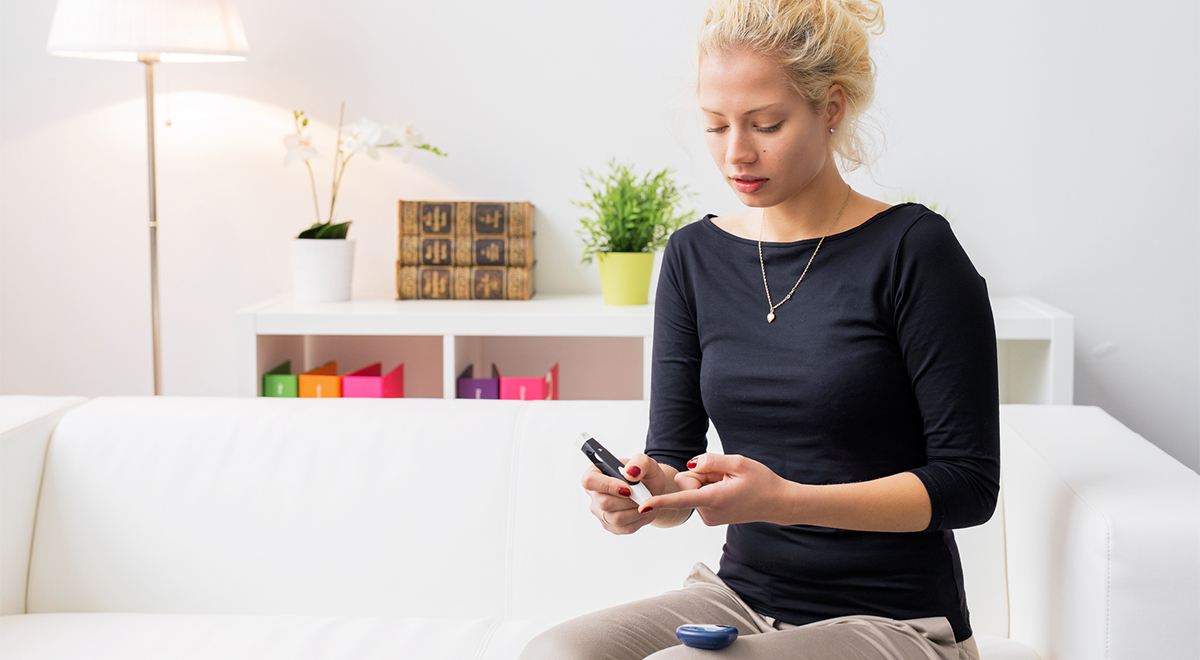Type 1, also known as “childhood onset” diabetes, is a genetic autoimmune disorder in which the body’s own defenses turn on cells in the pancreas, rendering it non-functional. Its function, of course, is to produce insulin, the hormone that transports and metabolizes glucose. People with this condition depend on regular insulin injections in order to survive.
The disease is not only debilitating, it is expensive – and very profitable for drug companies. Over the past twenty-five years, the cost of a vial of insulin has been increased by Big Pharma from around $20 to as much as $250. Ironically, when insulin was first discovered by a trio of Canadian physicians in 1921, its discoverers intended it to be a gift to humanity. They filed for a patent, then sold it to the University of Toronto for $3. It was an ultimately fruitless attempt to prevent pharmaceutical firms from engaging in the very kind of greed-fueled price gouging and profiteering that is endemic in the industry today.
It is also the primary reason that there has been little effort to find a cure. However, a very old and very inexpensive vaccine may hold a key to freeing Type 1 diabetics from the stranglehold the disease has on them and their families. It is known as Bacillus Calmette-Guerin, or BCG. It was developed over a century ago as a vaccine against tuberculosis, a serious bacterial infection of the lungs. It has also been used to treat bladder cancer. Recently, a study carried out at Massachusetts General Hospital has found that BCG vaccine can dramatically improve glucose levels in Type 1 diabetics to the point that the disease is virtually undetectable. Furthermore, the curative effects can last for years.
The first part of the study involved laboratory mice. When injected with BCG vaccine, researchers found that it reduced the time it took cells to metabolize glucose. The next step involved 52 volunteers suffering from Type 1 diabetes. The subjects received an initial inoculation, followed by a booster four weeks later. After four years, glucose levels of patients who had received the vaccine had dropped by an average of 18 percent. Their average hemoglobin A1-C levels was at 6.65, which is just over the threshold level for full-blown diabetes. Meanwhile, glucose levels for those in the control group continued to rise.
The exact mechanism is not known. However, BCG has been demonstrated to increase production of tumor necrosis factor (TNF), which may help patients with autoimmune diseases that (A) eliminate autoreactive T cells that attack healthy tissues, and (B) promote the production of regulatory T cells that help prevent autoimmune reactions in the first place.
Dr. Denise Faustman, who led the study, said, “This is clinical validation of the potential to stably lower blood sugars to near normal levels with a safe vaccine, even in patients with longstanding disease.” A colleague from the UK, vaccinologist Dr. Helen McShane of Oxford University, added, “This well conducted study provides data to support a plausible immunological mechanism for this durable effect, and adds to an increasing body of knowledge on the effects of BCG on autoimmune diseases.”
The other exciting aspect of this study is that BCG vaccine costs around $2.50 a dose.
There are a few caveats. As two physicians in the UK point out, 52 people is a very small number (currently, approximately 1.25 million people in the US suffer from Type 1 diabetes), and further research is needed before BCG can be firmly established as an effective treatment for Type 1 diabetics. BCG is also not generally recommended in the US because tuberculosis is relatively rare. Currently, the CDC recommends that BCG vaccine be administered “only for very select persons who meet specific criteria and in consultation with a TB expert.”
Finally, there is Big Pharma to consider. BCG is long out of patent, and the pharmaceutical industry, with its hands in the pocket of the FDA, will not take kindly to this threat to one of its primary profit centers.
The recently-completed trial at Massachusetts General is a definite beacon of hope for Type 1 diabetics – but it will be a few years before it is known for certain whether or not it is a genuine cure. Furthermore, the use of BCG for the treatment of Type 1 Diabetes will require FDA approval – and given the power of Big Pharma, that may entail a serious battle.

